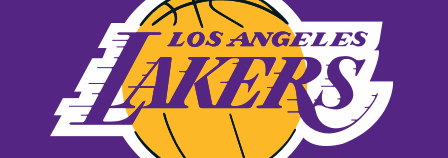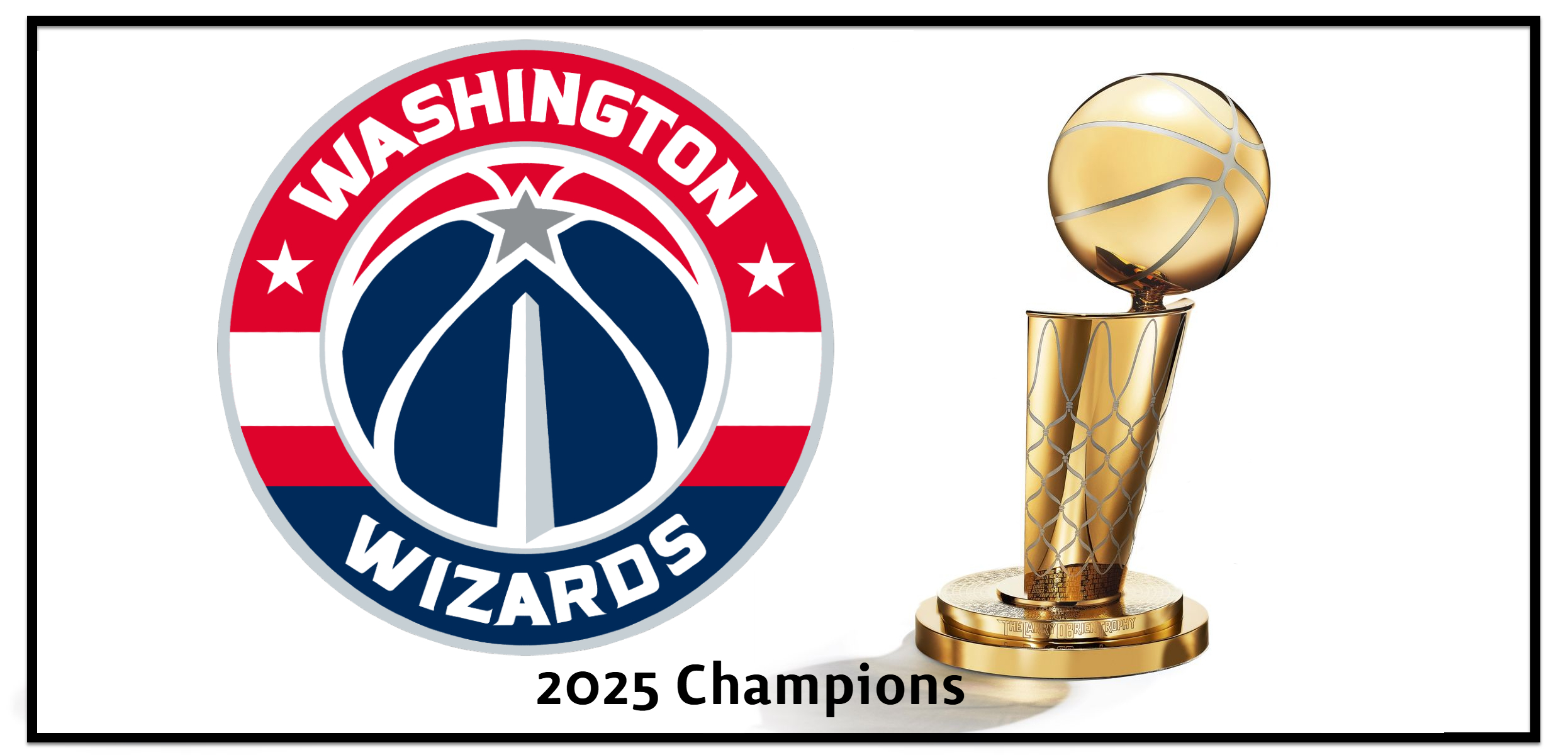NSL Insider - Round 1 Recap: Lakers V Rocketsby sheed36, updated on Sunday, May 25 2025, 07:56 pm EST Lakers
vs. Rockets: Series Review The
first-round matchup between the second-seeded Los Angeles Lakers and the
seventh-seeded Houston Rockets promised excitement but turned into a
one-sided display of dominance. The Lakers completed a 4–0 sweep, sending
Houston into the offseason with more questions than answers. Let’s walk through
the series game-by-game and wrap it up with what made the Lakers so
effective—and where the Rockets need to go from here. Game 1 –
Rockets 97, Lakers 121 From the
tip-off, it was clear the Lakers came in ready. Their offense was fluid, their
defense active, and their control over the tempo set the tone. LA dropped 121
points on an efficient 59% shooting, led by Cade Cunningham, Kawhi
Leonard, and Zion Williamson, who all contributed solid numbers
without having to take over. The real
story was their inside scoring—74 points in the paint—compared to just
30 from the Rockets. Houston's offense was clunky, relying too much on Nikola
Jokic, who put up solid numbers but was visibly overwhelmed. T. Haliburton and
Alec Burks struggled to make an impact, and the supporting cast offered little
resistance on the defensive end. Game 2 –
Rockets 103, Lakers 122 Same story,
different day. The Lakers again scored over 120, this time with Thompson
leading the way in scoring and hustle. Cunningham and Kawhi continued
their balanced leadership, while Zion dominated the boards. The Rockets
saw a hot shooting night from Julian Champagnie, who dropped 23, but it
wasn’t enough to compensate for another subpar showing from their backcourt.
Jokic flirted with a triple-double, but LA’s bench stepped up with 37 points,
giving them a boost Houston just couldn’t match. The
defensive gaps became glaring, especially in transition. The Lakers ran Houston
off the floor with 24 fast-break points and superior ball movement,
racking up 34 assists as a team. Game 3 –
Lakers 109, Rockets 100 This was
Houston’s best shot. Jokic went off for 31 points and 13 rebounds,
Champagnie continued his strong play, and the Rockets were within reach until
the final stretch. But once again, the Lakers’ depth and discipline carried
them. Chet
Holmgren had a
standout game with 17 points, 9 rebounds, and excellent rim protection. LA's
defense held firm in the fourth, outscoring Houston 25–19. The Lakers also
outrebounded the Rockets 42–32 and forced key stops when it mattered most. It was
another game where LA’s balanced attack and rebounding edge proved too much.
The Rockets simply lacked the extra gear needed to close. Game 4 –
Lakers 120, Rockets 102 With their
backs against the wall, Houston couldn’t muster enough resistance. Jokic once
again led with 23 points and 14 boards, but it was a lonely effort. The Lakers
dominated wire-to-wire, with Zion (20 pts, 17 reb) and Holmgren (22
pts) leading the charge. LA
controlled every aspect of the game: pace, rebounding (49–41), paint scoring
(74–44), and assist totals. The Rockets’ offense was predictable and
inefficient, and their defense simply couldn’t contain LA’s movement and
execution. Why the
Lakers Won The Lakers
didn’t just win—they controlled every game with poise and consistency. Here’s what stood out:
What the
Rockets Need to Do Houston’s
got talent, but they need direction.
Final
Thoughts The Lakers
look like a team built for a deep run—versatile, unselfish, and tough on both
ends. Meanwhile, the Rockets should treat this series as a harsh but valuable
lesson. With Jokic, they have a franchise cornerstone. Now it’s about building
a team around him that can compete in April, not just October. This series
wasn’t close, but it told a clear story. The Lakers are ready. The Rockets? Back to the drawing board. |
Archive· Round 1 Recap: Thunder V Pels · Round 2 Preview: Bucks V Wizards · Round 2 Preview: Cavs V 76ers · Round 1 Recap: Jazz V Wolves · Round 1 Recap: Lakers V Rockets · Round 1 Recap: Bucks V Raptors · Playoff Preview R1: Wizards V Bulls |





















